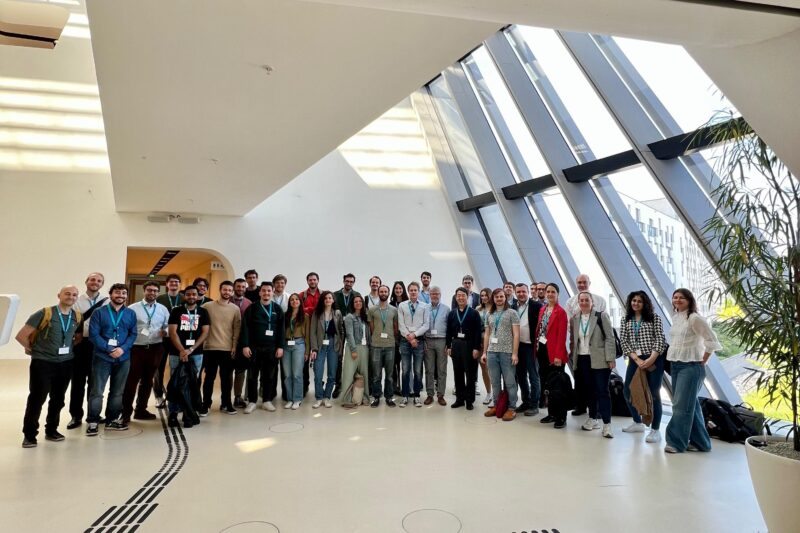
Harald Oberhofer WU Researcher of the Month
EU regional policy supports the less prosperous regions within the EU by means of its funding instruments, which together make up the second largest item in the EU budget, in order to catch up with the more developed regions. This should also make them more competitive in the face of advancing globalisation. In 2017 alone, the EU invested around 53.5 billion euro in promoting European regions. In Austria, for example, almost 1 billion euros of EU funds flowed into Burgenland alone between 1995 and 2006. Harald Oberhofer, foreign trade expert at WIFO and professor at the WU Institute for International Economics, together with WIFO regional economist Julia Bachtrögler, investigated the extent to which such regional transfers by the EU also influences the voting behaviour of citizens. The focus was on the question of whether people from regions that benefit more from EU funding are more pro-European in their voting behaviour. Harald Oberhofer and his co-author examined this for the example of the French presidential election of 2017.
First of all, the data on project funding by firms within the multi-annual financial framework 2007-2013 were analysed to find out whether the project funding had led to more employment growth in the companies in the respective region. The next step was to use this information to explain regional voting behaviour in France. Harald Oberhofer and Julia Bachtrögler show that regions that benefited particularly from EU funding actually voted more pro-European, i.e. more in favour of Emmanuel Macron. This was particularly true when EU subsidies created new jobs in the regions. Conversely, regions that received relatively less EU funding increasingly voted for the EU-sceptical candidate Marine Le Pen.
Publications
Please contact
























